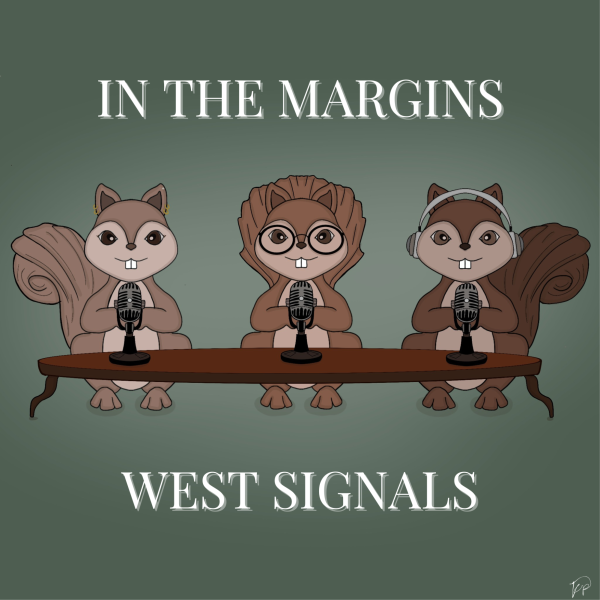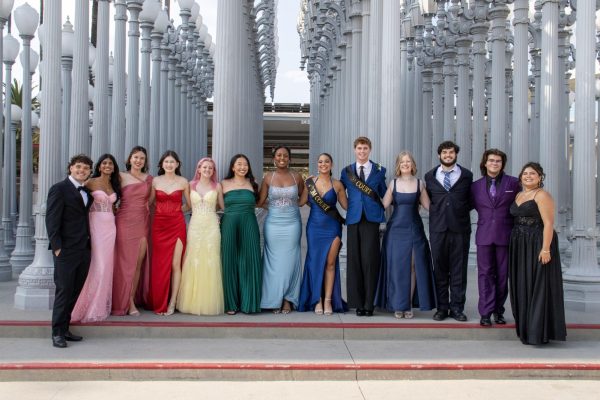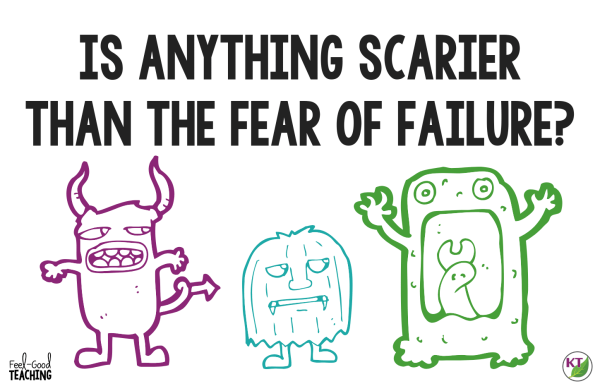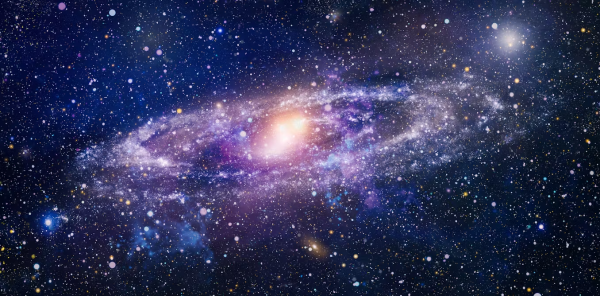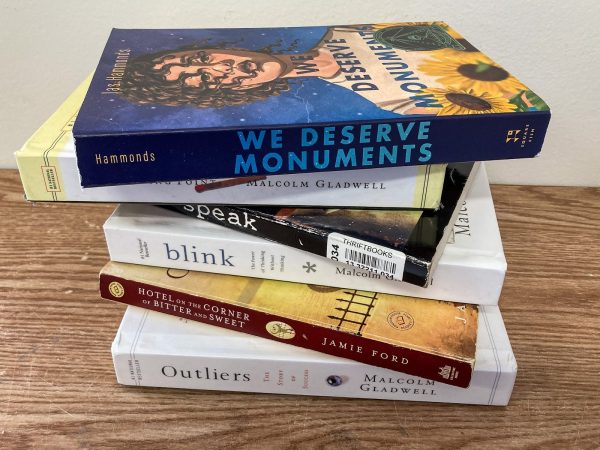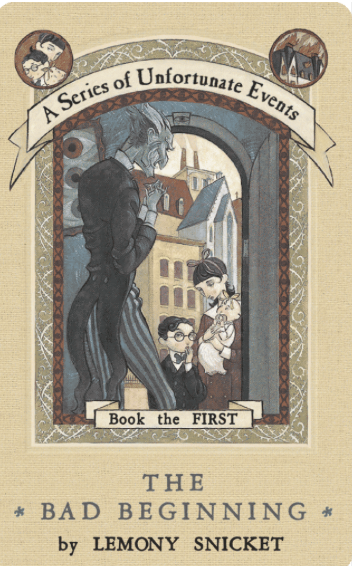Disney’s Casting Controversy Over “The Little Mermaid” Live Action Remake- and the Racism Rooted Behind It
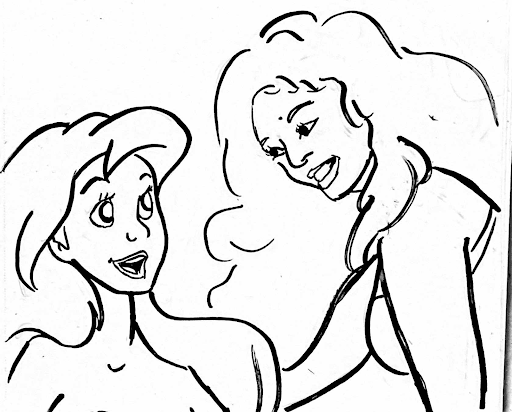
Art/Photo by Westley Kim
The Little Mermaid is a Disney classic, a household name with a special place in popular culture. Its live action remake, starring Halle Bailey as Ariel, is being criticized heavily for using a Black woman to portray Ariel. However, there are also many that say that her skin color does not detract from the value of the source material.
Disney movies are a beloved staple for many children across the globe. The beautifully hand-drawn animations, charming characters and comedically wicked villains have won the hearts of millions across America, with their influence being spread to dozens of other countries over the decades past. A great example of Disney movies’ popularity? Look no further than The Little Mermaid, whose brave protagonist Ariel has become a household name as well as a fan favorite Disney princess; the innumerable number of mermaid costumes worn at Halloween are a testament to that. The Little Mermaid’s popularity is so widespread that Disney plans to produce a live action film in the upcoming year of 2023, casting a line of star-studded actors including Halle Bailey as Ariel, Jonah Hauer-King as the courageous Prince Eric, and Melissa McCartney as the eccentric (but no less amusing) villainess Ursula. However, the casting decisions aren’t without controversy: Bailey is African American, and critics feel that casting a Black actress in for a character that was originally white didn’t quite fit the bill. They claim the decision “strays too far” from the original 1989 film, and the story’s Danish fairy tale origins
To put it bluntly, I believe that these claims are rooted in racism rather than actual intent to “stick close to the (so-called) original”. Moreover, these claims simply aren’t valid, at least not in the eye of an unbiased twenty-first century viewer.
Let’s view critics’ reasoning from an argumentative standpoint: they claim that the new live action cast strays too far from the animated classic, but they also seem to pass over the fact that the so-called “original” film was extremely sugar coated and changed to be much more “sanitary” for audiences of younger ages. In the original tale by Hans Christian Andersen, Ariel doesn’t get a happy ending with her Prince. In fact, she has a rather tragic one: dissolving into sea foam after attempting to murder the prince after he weds another princess in attempt to end the pain of her heartbreak. Thus, if critics are really claiming that the live action casting doesn’t follow the original movie, the same logic applies to the 1989 version. Both have changed, and yet no one has called it out. Why? Simply because of the racial bias that the former claims are based upon; They choose to pass over the fallacies in their logic in favor of supporting their prejudiced claims.
To add on, if critics are really concerned about Ariel’s race changing, it shouldn’t be so big of a deal to spawn the hatred that it has. Co-president of the Film Critics Club Catherine Pitrowki (10) explained that she believes critics’ arguments don’t hold up because Ariel’s race wasn’t relevant to the storyline nor her character. “I don’t think that there’s anything inherently wrong with casting a Black person in a role that’s particularly meant for white people. I don’t think in the Ariel case, it should matter in the casting because Ariel was never a role that was about her race,” Pitrowki stated. “It was about her being a fish in the water,” she added humorously. Black Culture Club Member Zara Simon (10) also agrees with this perspective; As someone who is African American, Simon described feeling indignant when first hearing about this issue “I feel kind of angry, because I think a Black person can do a job just as well as a white person can,” she stated passionately. “If Prince Eric or any other character was Black, would it make a difference? I don’t think the race of the actor would make a big change to it. Or make the movie worse,” she added. When did Ariel being Caucasian ever come into play or question in the movie? While race and cultural background can be essentially relevant to a character, the same logic doesn’t apply to Ariel, whose movie’s main storyline is about falling in love with a human and not about her race. This shows such arguments don’t apply, especially with their logical fallacies and intentional oversights.
Additionally, it’s not hard to see the cultural benefits of casting a Black actress for such a big role. Children of minorities struggle with seeing adequate representation, especially in the American film industry — shaped by centuries of stereotypes dating back to the founding of the country and the racism they were rooted in. Film Critics Club Co-President P.J. Jain described her experiences struggling with representation growing up as an Indian kid, as well as the difficulties and unfavorable impression it had left on her. “I got no representation as a kid. Any representation I did get was horribly racist, and that made me feel awful about myself. And I didn’t like thinking about the fact that I was Indian because any exposure I got to Indians, or people with tan skin in general was negative,” they described passionately. Children are incredibly impressionable, especially when regarding television or anything they view that is outside of their environment. Thus, as Jain describes, a negative portrayal of people who look like themselves will most likely lead to a negative view of themselves as well. However, since Disney princesses are so beloved in the eyes of children, the happiness that representation in such a big role can inspire is both unimaginable and unquestionable. “I can imagine how that might be for kids who are watching Ariel on the screen now because they may be excited to see someone like them,” Jain summarized.
However, it’s important to know the difference between proper representation and merely using representation for the sake of appearances; This ties into tokenism, where a person of a certain background, race, culture or in possession of a minority characteristic may be used to advertise something for the sake of advertising. Not because of true intent to properly represent something, but because someone thinks it will increase their viewership. In the case of the Little Mermaid live action, Film Critics Club member Lily Mirowski (11) thinks that Disney may be using Halle Bailey’s race for the wrong reasons. “I hope that Disney went ‘oh, this person fits the role well’ in casting her, but in my opinion– and knowing Disney– it’s very likely that they just wanted to have token representation,” she stated. The basis of Mirowski’s reasoning isn’t hard to see, as stated before, Ariel’s race doesn’t particularly come into play for the entire movie, thus it stands to reason that Disney will most likely not incorporate Bailey’s background as a Black person into the story. It would be hard to do so in any case (after all, Ariel isn’t a human but a mermaid princess living under the sea), but Disney may possibly be using such aspects for tickets at the box office rather than for the right reasons. “Chances are that the casting directors were probably told by Disney ‘Hey, you should cast a Black actress because it’ll make us look cool and progressive’. I hope that’s not the case, but unfortunately, knowing Disney, this might be right,” she added grimly.
The issues of racism and tokenism aren’t exclusively limited to the entertainment industry. We see examples of them everywhere: from the letters in a newspaper to our own state and even to our own community at Torrance. However, we can make efforts to resolve those issues by standing up in the face of these issues for the right causes, even when it gets challenging. The entire issue of race is a challenge for each and every one of us, but if we come together for a common cause, there’s nothing that can stop us.
*The opinions expressed in our Opinion articles are the author’s own and do not necessarily express the views of the Signals Staff or West High as a whole.




